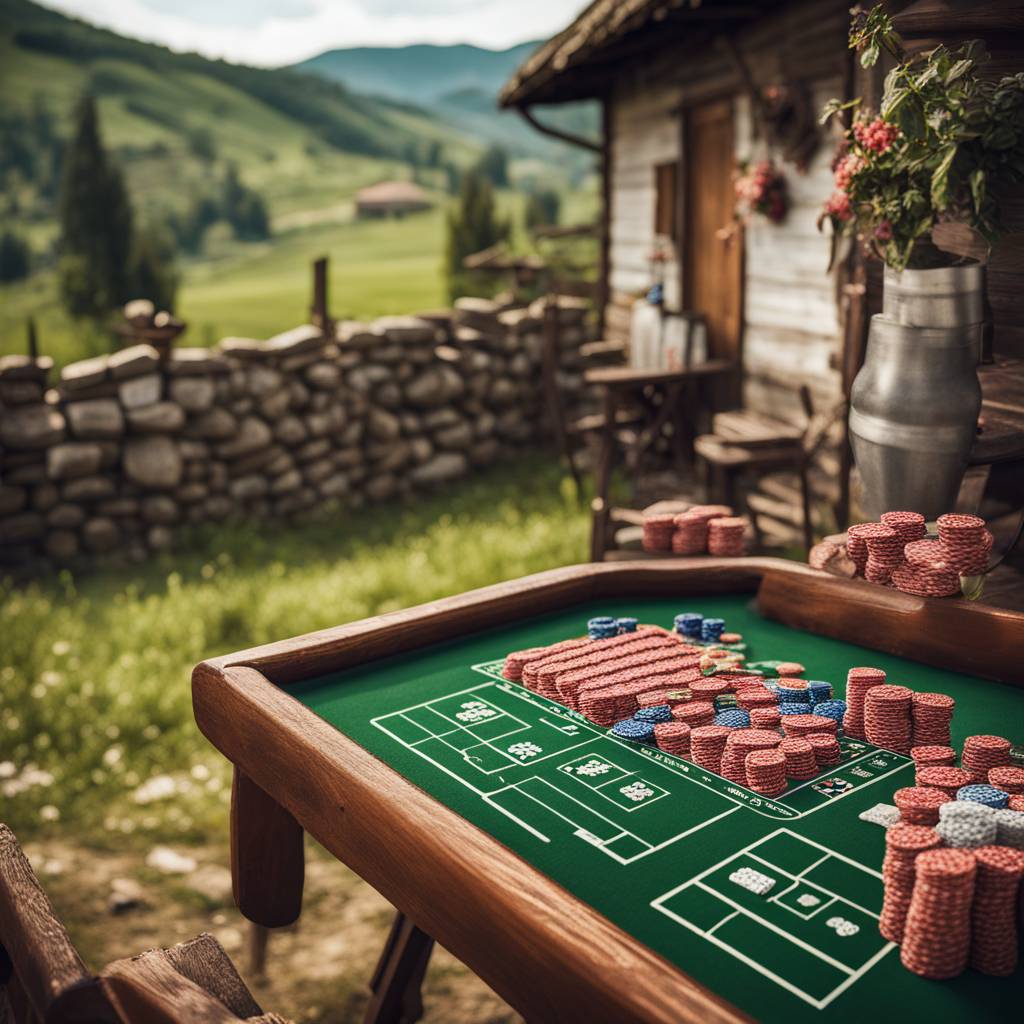Romania recently announced a ban on gambling venues in small towns and villages with populations of less than 15,000 residents. This law, known as the “law of slot machines,” was passed by deputies in the lower house of parliament. The leader of the Social Democrats, Alfred Simonis, described it as the first law adopted in Parliament in 30 years against the gambling mafia that has had a stronghold in the political world. The industry, however, was not consulted about the decision and hopes that the authorities will control the black market as promised. Despite the unanimous vote, there were some dissenting voices within the chamber, with two opposition parties accusing the government of colluding with the gaming sector for not taking a stronger stance against gambling.
Gambling venues have become prevalent across Romania in recent decades, with the National Gaming Office registering 12,000 sports betting, bingo, casino, and lottery rooms. The state collects taxes from gambling venue licenses and online ticket sales, as well as from the amount of money betting houses spend on advertising. However, there are no recent data available on how many people in Romania are addicted to gambling. A survey conducted in 2016 found that there could be approximately 100,000 addicted individuals across the country, but this number may have increased significantly since then. Research by Save the Children revealed that one in seven children in Romania spends money on gambling, and one in ten lives in families where a parent is involved in gambling.
While the ban on gambling venues in small towns and villages has been met with both support and opposition, questions remain about the effectiveness of the policy. Some industry figures feel that they were not consulted adequately and are concerned about the impact on the black market. On the other hand, some opposition parties believe that the government should have taken a stronger stance against gambling by implementing a complete ban. The leader of the opposition USR raised questions about how lawmakers determined the population threshold for the ban, suggesting that the decision may not be based on thorough debate and analysis.
The gambling industry in Romania has been estimated to have a total turnover of €10-12 billion, highlighting the significant economic impact of the sector. However, concerns about addiction and the negative effects of gambling on individuals and families have led to calls for stricter regulations and policies. With the prevalence of gambling venues across the country and limited data on the number of addicted individuals, there is a growing recognition of the need for measures to address this issue. The recent ban on gambling venues in small towns and villages is seen as a step in that direction, but the debate over the wisdom and practicality of the policy is likely to continue among lawmakers and stakeholders in the industry.
As Romania grapples with the challenges posed by gambling addiction and the influence of the gambling industry, there is a need for comprehensive strategies to address the issue effectively. The recent ban on gambling venues in small towns and villages reflects a recognition of the need to take action to curb the negative effects of gambling on individuals and communities. However, the debate over the policy highlights divisions within the political landscape and raises questions about the effectiveness of such measures. Moving forward, it will be important for lawmakers, industry stakeholders, and advocacy groups to work together to develop holistic approaches to address gambling addiction and regulate the gambling industry in a way that promotes responsible gaming and protects vulnerable individuals.













